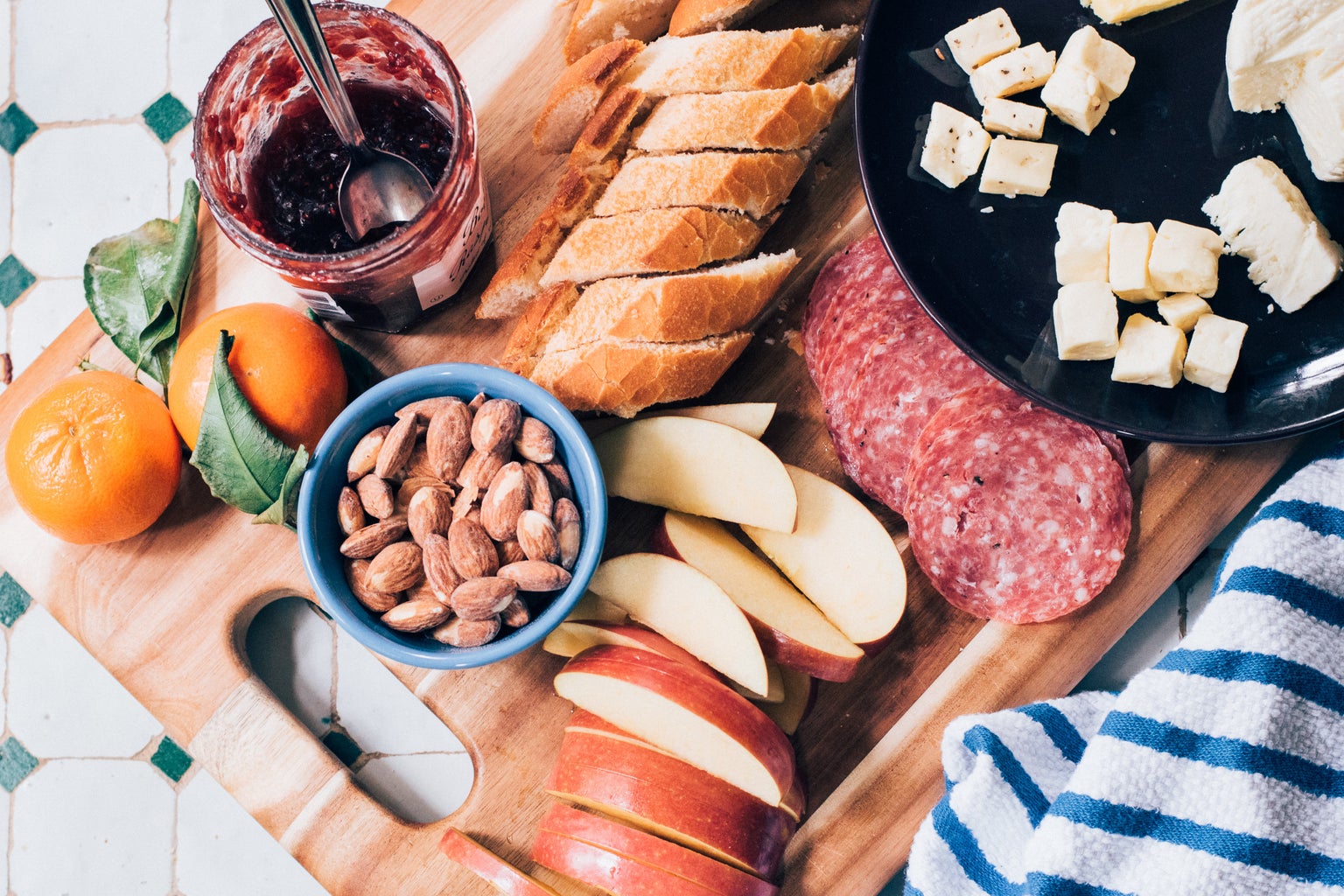I am a girl who loves cheese. It doesn’t matter the type or intensity. Whether it’s some Cheddar shredded on top of my eggs, or a slice of Havarti loaded into a sandwich, I’d put cheese on almost anything I’d eat for dinner. The holiday season is when my love for cheese truly blossoms. I love Thanksgiving cheese boards, fancy new years charcuterie boards, or even just going around Costco to see their seasonal products. However, what I look forward to most is when my mom brings home the wheel of brie. She pops that bad boy in the oven and dresses it up in a sea of honey with a generous sprinkling of walnuts. Gosh do I love a good wheel of melted Brie.
Imagine my surprise when I wake up one morning to the most bizarre headline: Brie cheese is going extinct?! I couldn’t help but to chuckle at the absurdity of it all. What do they mean, Brie going extinct? As I delved deeper into my socials and news outlets, the same alarming messages kept coming up: “Say Goodbye to Brie”, “Brie and Camembert under threat”, “A cheese crisis”, Crisis? We’ve already gone to full-on crisis? Shouldn’t this have been mentioned earlier if this truly was a crisis? After days of scouring through articles, I think I have finally pieced together the puzzle.
Why is this happening?
To understand what is really happening, we need to talk about mold. Although I am a cheese lover, mold is my kryptonite. I am so very scared of mold (please do not remind me that cheese is literally mold I prefer to be oblivious to that). Brie and Camembert cheese are both created from the same type of mold: Penicillium camemberti (PC). This mold has gone through some pretty extensive domestication processes, consisting of gene replicating, silencing, and deleting. Picture it like organizing files on your computer – saving a file to your desktop versus saving a file to some random folder . Retrieving the latter is going to take you a lot longer. When the domestication process happens too much, things start to get funky. Currently, scientists are discovering that PC is losing the ability to sporulate (Windsor, 2024). This is an issue because if it can’t sporulate, it cannot reproduce and make more cheese!
What does this mean?
This discovery can mean a couple of things. The first is that PC will pretty much need to be genetically dissected and spliced to see if it is possible for the mold to sporulate again. If that does not work, then we may need to make some sacrifices and compromises. PC is directly derived from another mold: Penicillium biforme (P. biforme), which is derived from Penicillium fuscoglaucum (P. fuscoglaucum). So it’s not like the entire family has disappeared and we’re doomed, but it is important to understand that it’s PC that is responsible for making the cushiony rind and for giving Brie and Camembert their subtle, meek, and mild taste. Using P. biforme or P. fuscoglaucum, another version of Brie and Camembert can be made, they will just simply have a stronger, muskier taste.
So is Brie actually going to be extinct?
At the end of the day, no, we are not going to be losing Brie and Camembert entirely. There are still measures that can be taken to prevent this so-called “extinction”. If all else fails, we’re just going to have to acclimate to the new taste of these soft cheeses. We aren’t quite there yet, so in the meantime, be sure to keep enjoying that Brie!
References
Concerns rise over the future of Camembert and brie cheeses. DairyNews. (2024, March 11). https://dairynews.today/global/news/concerns-rise-over-the-future-of-camembert-and-brie-cheeses-.html
Windsor, J. (2024d, February 21). It’s time to change our rind: An American affineur responds to the camembert crisis – culture: The word on cheese. culture. https://culturecheesemag.com/blog/its-time-to-change-our-rind-an-american-affineur-responds-to-the-camembert-crisis/





